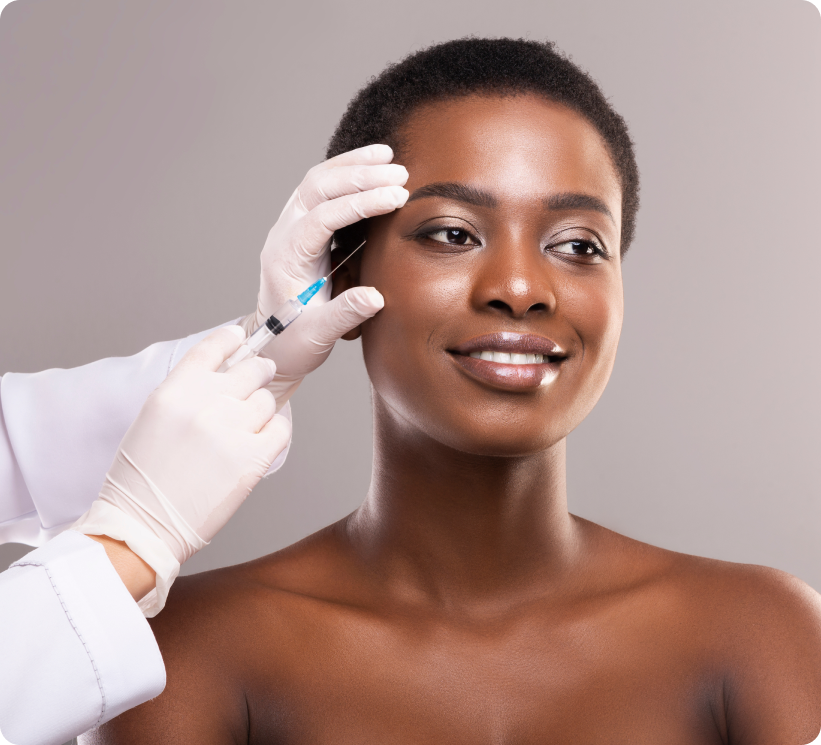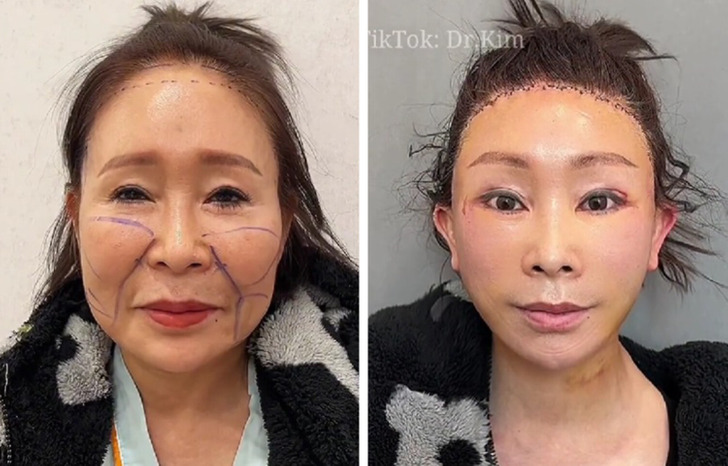Mommy Makeover Rancho Cucamonga: Restore Your Vibrant Number with Expert Procedures
Mommy Makeover Rancho Cucamonga: Restore Your Vibrant Number with Expert Procedures
Blog Article
Exploring the Mental and Social Elements That Drive People to Think About Plastic Surgery as a way of Improvement
The choice to go after plastic surgery usually extends past mere looks, intertwining with social and mental characteristics that warrant extensive exam. Aspects such as self-confidence, pervasive societal appeal standards, and the prevalent influence of social media assemble to form individual inspirations for surgical improvement. As these influences come to be significantly famous, understanding the underlying emotional and social contexts is vital. What remains to be discovered is the extensive effect these factors have not only on individuality however also on broader societal standards and worths bordering elegance and approval.
The Duty of Self-worth
Self-confidence considerably influences a person's choice to pursue cosmetic surgery. People with low self-worth frequently perceive themselves in an adverse light, bring about sensations of insufficiency concerning their physical look. This negative self-perception can drive them to seek medical interventions as an approach of enhancing their self-image. The desire for enhancement in one's look is often linked to an idea that such adjustments will elevate their total self-worth and self-confidence.

Eventually, the role of self-esteem in the decision-making process relating to plastic surgery highlights the complicated interplay between body picture, personal contentment, and mental health. Understanding this relationship is essential for health care specialists to ensure that people are making informed choices rooted in realistic expectations and emotional well-being.
Social Charm Specifications
Influenced by prevalent media portrayals and cultural narratives, social charm criteria play a critical function in shaping individuals' assumptions of their own bodies. These standards are commonly identified by an idealized type of appeal that stresses traits such as slimness, youthfulness, and proportion. As these perfects are continued through different networks, including advertising, movie, and television, people frequently internalize these messages, leading to discontentment with their natural appearance.
The ramifications of these societal standards expand beyond aesthetic preferences; they can affect self-confidence, mental health, and interpersonal connections. Individuals who view themselves as dropping short of these criteria may experience sensations of inadequacy, triggering a desire for plastic surgery as a method of accomplishing societal authorization. This pursuit is typically sustained by the belief that adapting these ideals will improve not just physical look yet likewise social standing and personal satisfaction.

Influence of Social Media
The impact of social charm criteria is additional enhanced by the rise of social media sites platforms, where curated photos and idealized depictions of charm are common. Individuals are regularly revealed to filtered and modified photos, which frequently depict unattainable physical attributes. This direct exposure cultivates a culture of comparison, leading individuals to examine their own appearance against these frequently unrealistic criteria.
Social media influencers and celebs frequently advertise aesthetic procedures, normalizing the notion that medical improvements are a viable means for accomplishing social ideals (plastic surgery rancho cucamonga). The exposure of these enhancements can produce a perception that undertaking cosmetic surgery is a conventional practice, consequently influencing individuals to think about similar interventions as a pathway to boosted self-confidence and social approval
Furthermore, the interactive nature of social media sites permits immediate feedback with sort and remarks, further enhancing the need to adapt prominent elegance standards. Such communications can worsen sensations of insufficiency and drive people toward plastic surgery as a way of gaining recognition. Eventually, social media sites plays an essential function in forming understandings of beauty, which dramatically affects the decision-making procedures surrounding plastic surgery.

Social Perspectives on Appearance
Across numerous cultures, understandings of appearance are deeply rooted in historic, social, and economic contexts, forming individuals' views on elegance and worth. In many cultures, appearance functions as a substantial pen of identity, affecting social status, specialist opportunities, and individual relationships. For instance, in some cultures, light skin is usually connected with wealth and privilege, while others might glorify darker skin tones as symbols of strength and credibility.
Additionally, traditional appeal criteria are typically bolstered through social stories, media depictions, and family members affects, bring about varying about his ideals throughout different regions (plastic surgery rancho cucamonga). In Western societies, the focus on young people and physical fitness often drives people toward cosmetic enhancement, while in specific Eastern cultures, even more subtle modifications aligned with conventional aesthetics may be preferred
Globalization and the expansion of electronic media have actually additionally complicated these characteristics, producing a hybridization of beauty ideals that goes beyond geographical borders. As individuals progressively browse these social narratives, the pressure to comply with certain appearance criteria can lead to the need for plastic surgery, mirroring a complicated interaction of social values and individual goals. Comprehending these cultural viewpoints is important in dealing with the inspirations behind plastic surgery factors to consider.
Psychological Influences of Plastic Surgery
Several individuals seeking plastic surgery report experiencing extensive link emotional effects that can dramatically modify their self-perception and psychological health - plastic surgery rancho cucamonga. The wish for physical enhancement commonly stems from underlying problems such as low self-esteem, body dysmorphic condition, or social stress concerning beauty criteria. For some, the prompt post-operative stage can bring about a short-lived boost in positive self-image and contentment with their appearance, promoting a feeling of empowerment
Nevertheless, these favorable sensations may not be sustaining. Study shows that while some patients experience enhanced self-worth, others might face intense stress and anxiety or clinical depression if their assumptions are not met. This inconsistency can develop from unrealistic suitables continued by media representation and cultural stories surrounding appeal.
Furthermore, the mental implications of cosmetic surgery extend past the individual. Relationships with family and good friends might be stressed as social dynamics shift, resulting in feelings of seclusion or alienation. Inevitably, the psychological effects of cosmetic surgical procedure are complex and intricate, needing mindful consideration by both potential clients and healthcare companies to make sure educated decision-making and practical expectations.
Conclusion
In final thought, the decision to pursue plastic surgery is dramatically influenced by a combination of self-confidence concerns, social elegance requirements, and social point of views on look. The prevalent reach of social media sites even more aggravates these pressures, promoting unrealistic suitables that people typically strive to obtain. Understanding these mental and social elements is vital for dealing with the inspirations behind click here for more cosmetic surgery, highlighting the demand for a more nuanced conversation surrounding beauty and self-acceptance in modern culture.
The decision to pursue cosmetic surgery usually prolongs past simple visual appeals, linking with social and emotional dynamics that merit comprehensive assessment. Eventually, social media plays a crucial duty in forming assumptions of appeal, which significantly affects the decision-making procedures bordering cosmetic surgery.
As individuals significantly browse these social narratives, the pressure to adjust to certain look requirements can lead to the desire for cosmetic surgical procedure, showing a complex interaction of social worths and personal desires.In conclusion, the choice to seek cosmetic surgery is dramatically influenced by a mix of self-worth concerns, societal charm requirements, and cultural viewpoints on look. Comprehending these psychological and social variables is essential for addressing the inspirations behind cosmetic surgical treatment, highlighting the need for an extra nuanced discussion surrounding charm and self-acceptance in contemporary culture.
Report this page